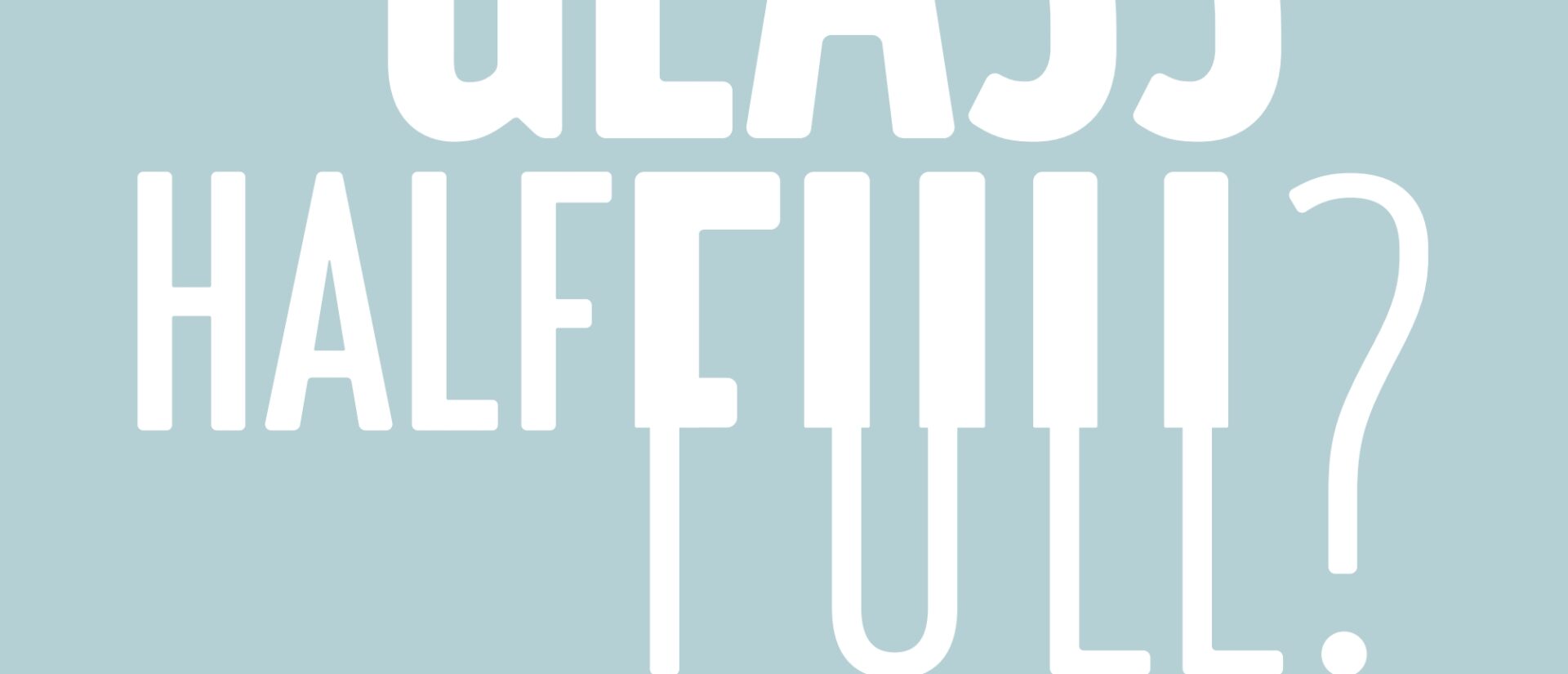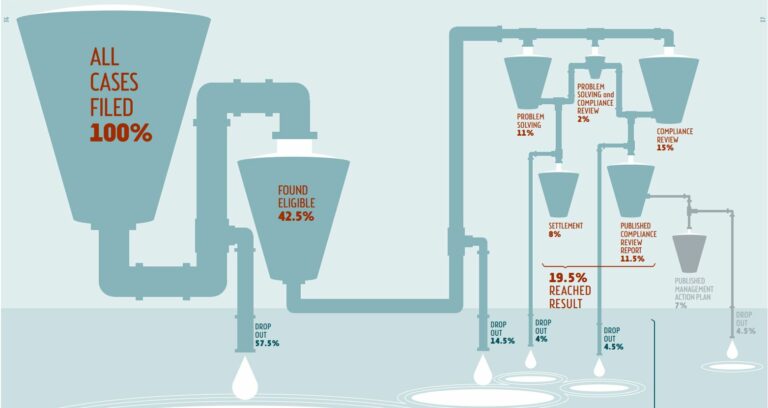
Glass Half Full?
The State of Accountability in Development Finance


Real development respects human rights and is shaped by the people it is designed to benefit. However, development the way it is currently practised by Development Finance Institutions (DFIs) in many cases has been associated with the dispossession of land, loss of resources, diminished livelihoods and environmental degradation.
Each of the 758 complaints submitted over the past 21 years to the 11 Independent Accountability Mechanisms (IAMs) administered by DFIs covered in this report, tells the story of a community whose lives were made worse by so-called development projects. This number probably represents only the tip of the iceberg because most project-affected people are not aware of the availability of the IAMs.
What the report finds is that even though complainants are undoubtedly better off than they woul be in the absence of any complaint procedure, the outcome rarely provides adequate remedy for the harm that people and communities have experienced. This is, in large part, due to the DFIs themselves, who undermine the effectiveness of the IAMs by limiting their mandate and fail to uphold their own responsibilities in the complaint process. The DFIs impede the accessibility of the IAMs from the very beginning by failing to require their clients to disclose the IAMs existence to project-affected people. Even more critically, the mandates of the IAMs stop short of allowing them to issue binding decisions. Rather, the outcome depends either on the willingness of the DFIs client to resolve the conflict through dialogue or the DFIs own willingness to address the violations found through an IAM investigation.
The report concludes with two sets of recommendations. The first set seeks to perfect the current system by identifying best practices that should be adopted by all IAMs and DFIs. The report determines, however, that simply adopting best practices will not be enough to ensure that complainants receive remedy for the harms that have occurred. Rather, a new accountability system must be established as a matter of urgency with mechanisms that are empowered to make binding decisions and DFIs that no longer claim immunity in national courts.
Partners
-
FUNDEPS – Foundation for the Development of Sustainable Policies
Publication
Accompanying documents
-
-
-
-
-
-
-
-
-
-
-
-
-
-
-
-
-
Download: Annex 2 Template based on UNGPs Effectiveness Criteria [CHINESE TRANSLATION] (pdf, 94.42 KB)
-
Download: Annex-3-Survey-questions-for-users-of-the-mechanisms [CHINESE TRANSLATION] (pdf, 168.18 KB)
-
-
-
-
Download: Annex-7-The-Canadian-Extractive-Sector8217s-CSR-Counsellor-3 [CHINESE TRANSLATION] (pdf, 199.46 KB)
-
Download: Annex-8-European-Bank-for-Reconstruction-and-Development [CHINESE TRANSLATION] (pdf, 207.82 KB)
-
-
-
-
Download: Annex-12-IFC-and-Multilateral-Investment-Guarantee-Agency [CHINESE TRANSLATION] (pdf, 264.95 KB)
-
Download: Annex-13 -The-Japan-International-Cooperation-Agency [CHINESE TRANSLATION] (pdf, 202.98 KB)
-
Download: Annex-14-US-Overseas-Private-Investment-Corporation [CHINESE TRANSLATION] (pdf, 196.54 KB)
-
-

Related content
-

-
Human Rights and Grievance Mechanisms Published on:J. OldenzielPosted in category:PublicationJ. Oldenziel
-

-
The Patchwork of Non-Judicial Grievance Mechanisms Published on:
 Kristen GenovesePosted in category:Publication
Kristen GenovesePosted in category:Publication Kristen Genovese
Kristen Genovese

